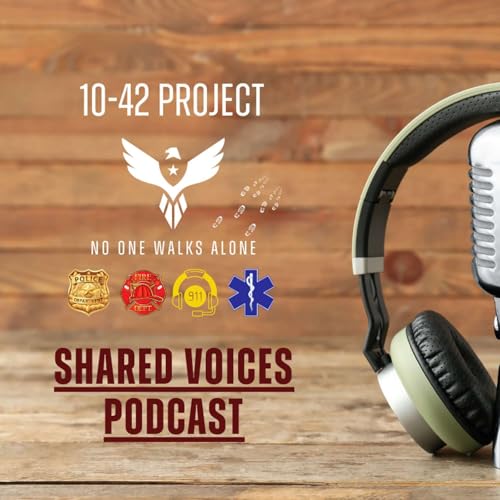The story starts with a simple truth: substances feel like solutions when your identity is shaky and your heart is hurting. Jake opens up about finding alcohol in middle school, wearing the “party guy” mask to fit in, and living a double life as an athlete whose status hid deeper fractures. When college stripped away the sports identity, the spiral accelerated. A minor but piercing moment—getting fired from a part-time job—triggered a deeper look. AA offered structure, but six months of white-knuckling sobriety proved that behavior change without heart change doesn’t last.
Everything shifted with a hesitant, unpolished prayer. On his bedroom floor, Jake asked for help, and a quiet peace answered. That moment powered 14 years of sobriety sustained by meetings, service, and a budding spirituality. But without ongoing care—prayer, Scripture, community—the roots dried out. Law enforcement trauma, family pain, and isolation pulled him away from God, and fear held him sober until PTSD cornered him into a false choice: disappear or numb. Weed to sleep became drinks to forget, and daily use returned with the same old promises that never deliver.
Then came August 12. Jake describes a sudden return of God’s presence that he didn’t earn and couldn’t explain. Since then, he’s rebuilding guardrails that protect peace: honest prayer, counseling, a pastor’s steady wisdom, and friends who show up to pray rather than pour. We speak candidly about dopamine and ADHD, why numbing is seductive but destructive, and how surrender outperforms self-will. The throughline is hope: you are not your addiction, and recovery grows where truth, community, and faith intersect with action.
If you’re stuck in the loop, you don’t have to run. Stand. Reach out to us and we’ll walk with you—without shame, with real help, and with a reminder that freedom is possible. If this resonated, subscribe, share it with someone who needs hope, and leave a review to help others find the conversation.
If you or someone you know is in crisis and at risk of self-harm, please call or text 988, the suicide and crisis lifeline.
To contact us directly send an email to Dan@10-42project.org or call 515-350-6274
Visit our website! 10-42project.org
Check us out on social media!
Youtube: @1042project
Facebook: www.facebook.com/1042project
Instagram: 1042_project
 47 分
47 分 22 分
22 分 2026/01/1657 分
2026/01/1657 分 2026/01/1333 分
2026/01/1333 分 2025/12/3050 分
2025/12/3050 分 56 分
56 分 37 分
37 分 24 分
24 分
